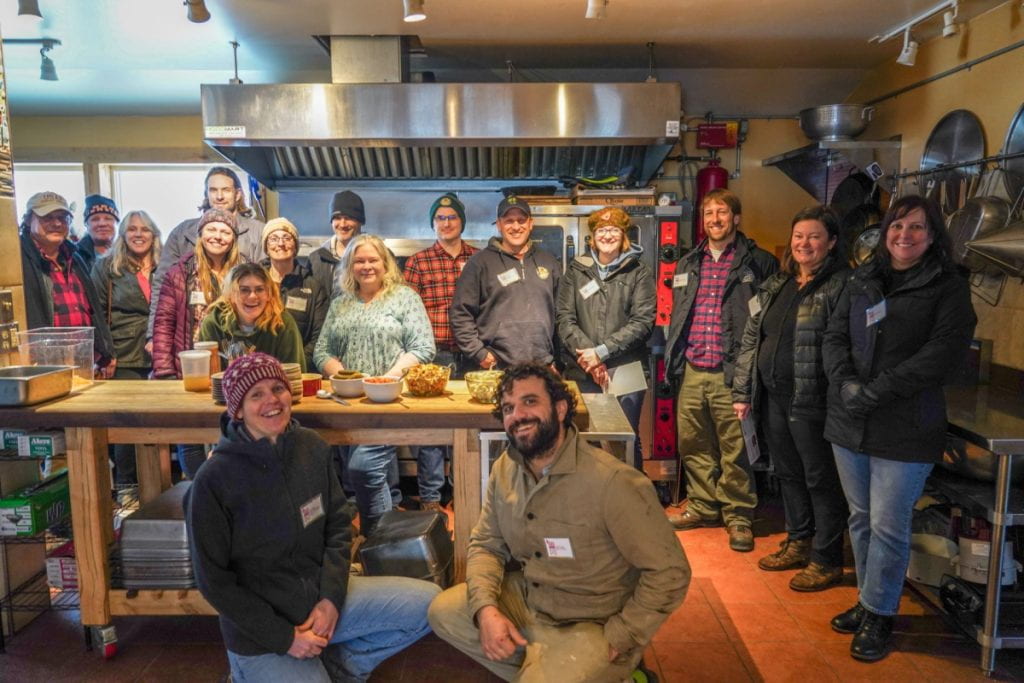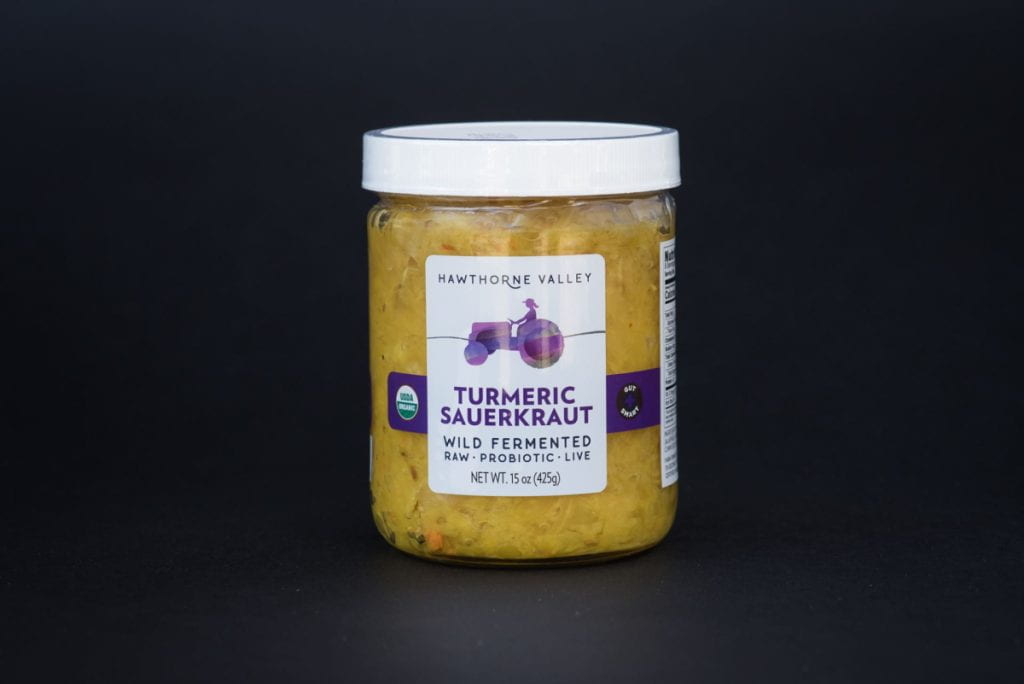Every business owner comes to their work with unique strengths. Some folks start with a solid background in planning and business, while others know kitchens and food safety well. One business owner might have building and design experience, while others are proficient at developing marketing materials and outreach. Each one of these skills and many more are required when running a food business. One aspect of my job as manager of the shared-use Harvest Kitchen at the Extension Learning Farm is offering technical assistance to food entrepreneurs. Part of the technical assistance equation is understanding a person’s strongest foundational skills and filling in with supportive information and resources where needed.
This winter, based on the most common questions I was fielding throughout the year, I designed a 3-week class called Creating or Renting a Commercial Kitchen for Your Food Business for the Ag and Food Producers Academy. In January, the group met together online in the evenings for three sessions, and we all came together for a field trip at the close of the course. 19 businesses participated and had wide ranging business ideas including dehydrated products, baked goods, prepared foods, and more.
At the close of our month together, Extension asked the class participants which aspects of the course were most valuable for them as they move forward in diversifying an existing business or starting fresh with a new idea. We had so much fun together unraveling this important and complicated topic, I wanted to share some of their comments below alongside photos of the course experience.
1. Making Connections
“I gained some new friends and I learned what others are doing locally with commercial kitchens.”

2. Learning about Recipe Approvals
“It really demystified the scheduled process for me and the whole process is much less daunting than I originally imagined.”

